No products in the cart.
Return To Shop
Log in / Sign in
Login
Register
The Campaign Against Dowry
₹ 50
Radha Kumar’s chapter tracks the history of protests against dowry in the contemporary women’s movement, starting from the first demonstrations at Hyderabad in 1975 and leading up to significant legal amendments in the early 1980s. Interspersed with historic photographs of the movement in its crucial stages, the essay captures the wave of protests that spread across the country, bringing disparate groups together to revolt against dowry-related crimes.
As stories of torture were brought to attention in public discourse, feminists challenged the dominant ideological mode that rendered violence against women a private, family matter. This violence was not only physical, but also mental, often leading to incidents of bride-burning and abetted suicide. Kumar’s essay delves into the way such incidents garnered public outrage – particularly in Delhi, where the campaign was more sustained – and how, over time, feminists expanded their methods of seeking redress. The campaign, as it gained traction, sought action not only through legal investigation, which had been negligible in dowry crimes, but also through social pressure on the perpetrators.
Kumar’s essay finally covers the consequences of the prolonged campaign, in particular those of changing legal attitudes. There had been a marked shift from an indifference regarding practices of dowry harassment and bride-burning to a series of amendments that set in place several protective as well as investigative measures for cases concerning dowry victims. The movement had then achieved, after initial setbacks, some important victories, and Kumar’s essay captures this not only through its text but also through a range of photographs from the period.
Category: e-Essays
Tags: 1980s, Anti Dowry, Dowry, legislation, Radha Kumar, The History of Doing| Author | |
|---|---|
| Year of Publication | |
| Format | |
| Book Title | The History of Doing |
| Page Count | 12 |
Be the first to review “The Campaign Against Dowry” Cancel reply
You must be logged in to post a review.
Related products
Contact Us
© Zubaan 2019. Site Design by Avinash Kuduvalli.
Payments on this site are handled by CCAvenue.



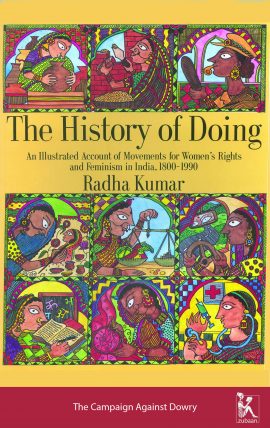


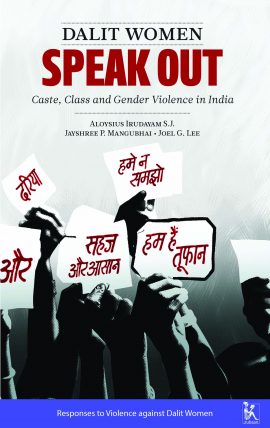

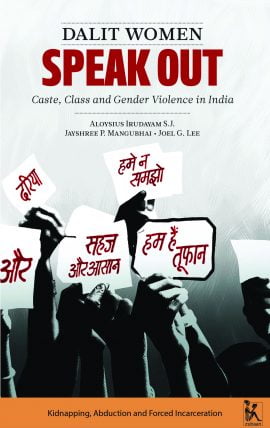
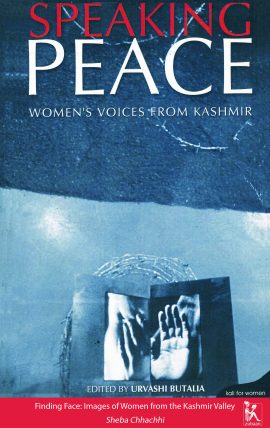


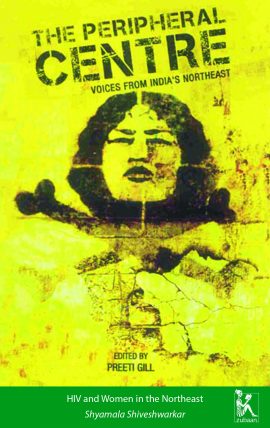
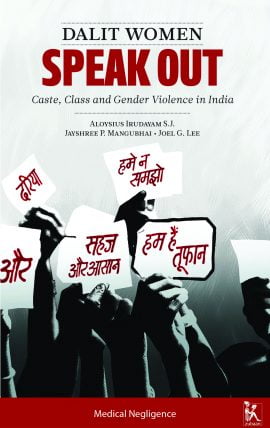

Reviews
There are no reviews yet.